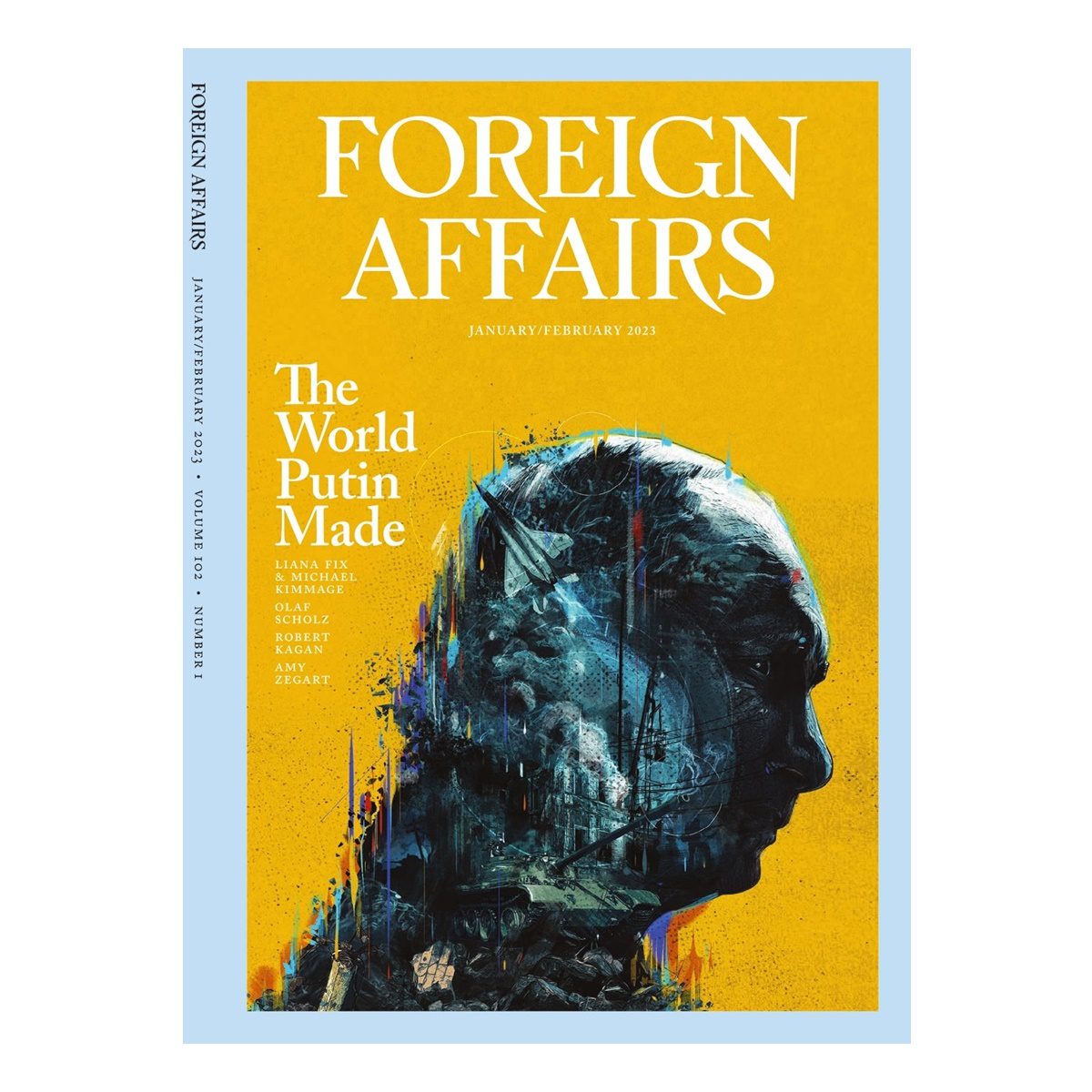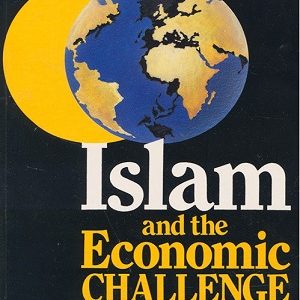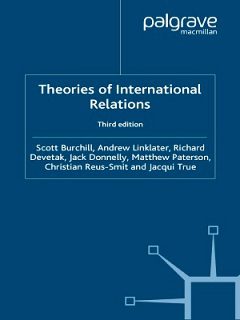Description
Foreign Affairs January February 2023 Issue
Foreign Affairs January February 2023 Issue. Russian President Vladimir Putin’s war in Ukraine was meant to be his crowning achievement, a demonstration of how far Russia had come since the collapse of the Soviet empire in 1991. Annexing Ukraine was supposed to be the first step in reconstructing a Russian empire. Putin intended to expose the United States as a paper tiger outside Western Europe and to demonstrate that Russia, along with China, was destined for a leadership role in a new, multipolar international order. It hasn’t turned out that way. Kyiv held strong, and the Ukrainian military has been transformed into a juggernaut, thanks in part to a close partnership with the United States and Western allies. The Russian military, in contrast, has demonstrated poor strategic thinking and organization. The political system behind it has proved unable to learn from its mistakes. With little prospect of dictating Putin’s actions, the West must prepare for the next stage of Russia’s disastrous war of choice.
War is inherently unpredictable. Indeed, the course of the conflict has served to invalidate widespread early prognostications that Ukraine would quickly fall; a reversal of fortunes is impossible to discount. It nevertheless appears that Russia is headed for defeat. Less certain one would have different ramifications for policymakers in the West and Ukraine. The first and least likely scenario is that Russia will agree to its defeat by accepting a negotiated settlement on Ukraine’s terms. A great deal would have to change for this scenario to materialize because any semblance of diplomatic dialogue among Russia, Ukraine, and the West has vanished. The scope of Russian aggression and the extent of Russian war crimes would make it difficult for Ukraine to accept any diplomatic settlement that amounted to anything less than a total Russian surrender.
That said, a Russian government—under Putin or a successor— could try to retain Crimea and sue for peace elsewhere. To save face domestically, the Kremlin could claim it is preparing for the long game in Ukraine, leaving the possibility of additional military incursions open. It could blame its underperformance on NATO, arguing that the alliance’s weapon deliveries, not Ukraine’s strength, impeded a Russian victory. For this approach to pass muster within the regime, hard-liners—possibly including Putin himself—would have to be marginalized. This would be difficult but not impossible. Still, under Putin this outcome is highly improbable, given that his approach to the war has been maximalist from the beginning. Foreign Affairs January February 2023 Issue










![Précis Writing [CSS, PMS, PCS] By A B Jasra & NK Joyia](https://cssbooks.net/wp-content/uploads/2018/04/Précis-Writing-By-A-B-Jasra-Cover-300x300.jpg)